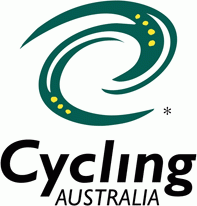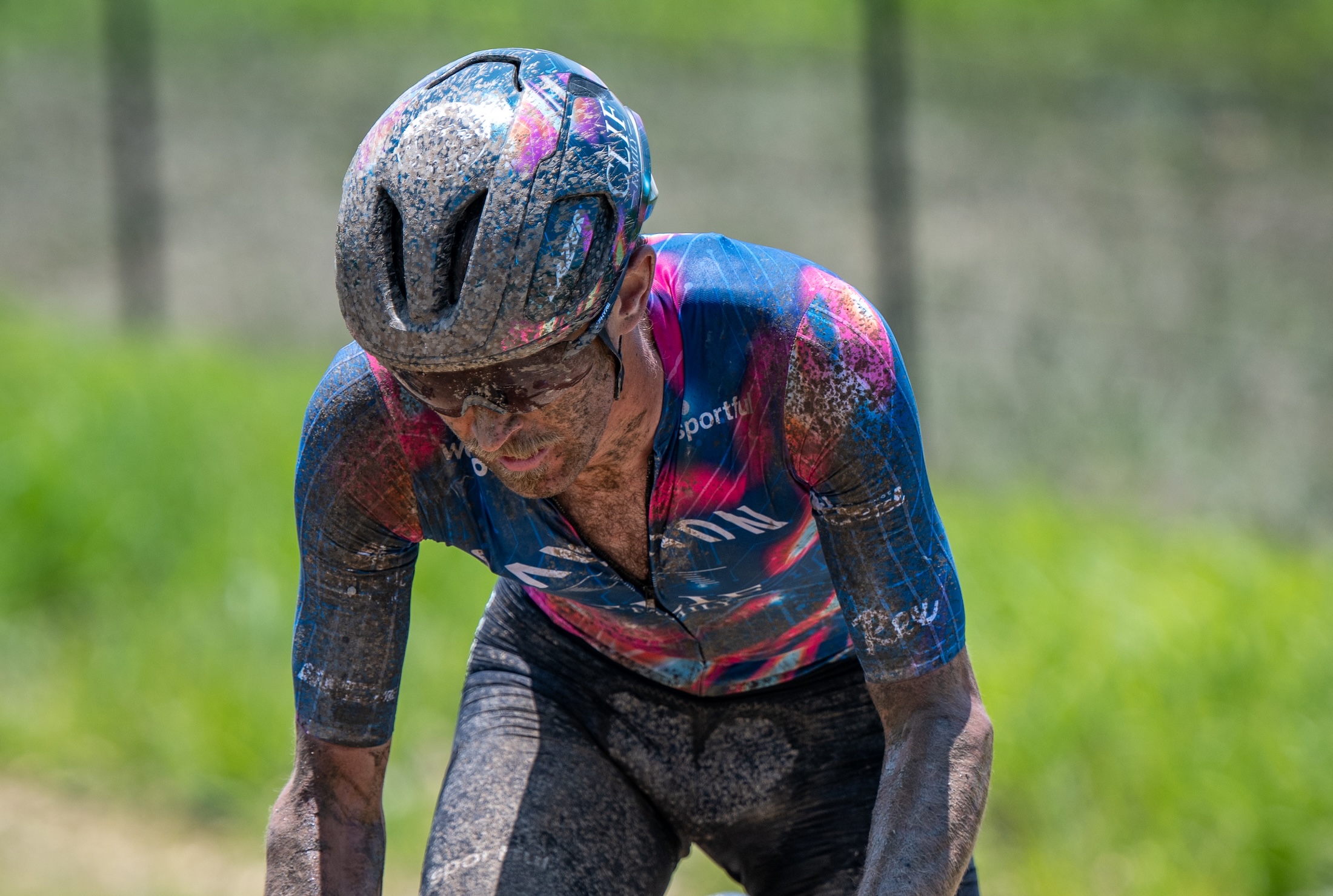Report into Cycling Australia's anti-doping practices calls for reform
Sixteen wide-ranging recommendations made to Federal Goverment
The latest race content, interviews, features, reviews and expert buying guides, direct to your inbox!
You are now subscribed
Your newsletter sign-up was successful

The Australian Federal Government-backed review into Cycling Australia, with a focus on its anti-doping governance, has concluded that the national body should introduce a doping declaration policy, and establish an anti-doping Integrity Unit as part of "16 wide-ranging recommendations" for the sport following the explosive United States Anti-Doping Agency's investigation into Lance Armstrong and his associates.
Former New South Wales Supreme Court chief judge James Wood's report, which runs to 95 pages, was not designed to expose whether any Australian rider had been involved in any anti-doping violations, with a separate review currently underway by the Australian Sports Anti-Doping Authority. The Australian UCI WorldTour team, Orica GreenEdge is conducting its own separate review into anti-doping procedures headed by former WADA director, Nicki Vance.
Among those consulted for the Wood review, were Anna Meares, Cadel Evans, Brad McGee, Martin Vinnicombe, Stephen Hodge, Matt White, Henk Vogels, Shane Bannan, Anne Gripper and Mike Turtur.
Wood said in his report that measures need to be "adopted that can ensure that the practices that were employed, particularly between 1990 and 2006, remain in the past, and that cycling in Australia remains a clean sport."
Among Wood's recommendations -
- Upgrading governance structures;
- Building anti-doping accountability and networks;
- Establishing an ethics and integrity panel;
- Improving anti-doping education;
- Extending the reach of testing; and
- Developing stronger sanction regimes.
The review was led by Wood and was commissioned in the wake of the USADA report. The release of USADA's 'Reasoned Decision' documentation, claimed the scalp of Australian Matt White, and his role with Cycling Australia as men's professional road co-ordinator. He was also later dismissed by Orica GreenEdge. The process of White's sacking led to retired rider Stephen Hodge, resigning from the position as Cycling Australia's vice president.
White said that he was "part of a team where doping formed part of the team's strategy, and I too was involved in that strategy. My involvement is something I am not proud of and I sincerely apologise to my fans, media, family and friends who trusted me and also to other athletes in my era that consciously chose not to dope."
The latest race content, interviews, features, reviews and expert buying guides, direct to your inbox!
His admission followed the re-release of Floyd Landis' email to USA Cycling chief executive officer Steve Johnson on April 30, 2010.
Hodge admitted to using EPO, cortisone and other substances from 1989 until his retirement in 1996 - something he deemed necessary in order to be able to compete at the Tour de France and the Olympic Games.
The report into possible anti-doping violations at the Australian Insitute of Sport in 2003 by members of the track sprint program also played a role in the Government's decision to open the enquiry.
Crucially for Oceania, Wood said as part of his recommendations that Cycling Australia needed to work with the UCI to "ensure that the cost of delivering doping control does not cause promoters to withdraw races from the sanctioned list of events." It was the exact issue which recently saw the cancellation of the UCI 2.2 New Zealand Women's Tour for 2013.
In 2012, Cycling Australia received $7.3 million in Federal funding, adding to the high stakes-nature of the review.
Wood concluded that "there can be no guarantee that doping in cycling will not re‐emerge."
As a sports journalist and producer since 1997, Jane has covered Olympic and Commonwealth Games, rugby league, motorsport, cricket, surfing, triathlon, rugby union, and golf for print, radio, television and online. However her enduring passion has been cycling.
Jane is a former Australian Editor of Cyclingnews from 2011 to 2013 and continues to freelance within the cycling industry.
